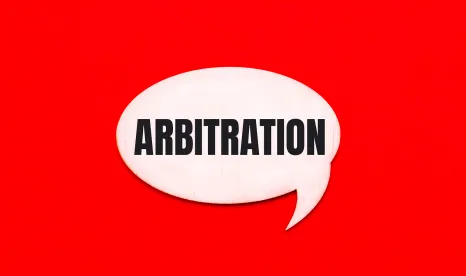California employers received welcome reassurance last week that they are free to require employees enter into arbitration agreements as a condition of employment. This is the result of an opinion from the Ninth Circuit last week that affirmed a trial court decision that had invalidated California Assembly Bill 51 (AB 51) before it went into effect.
Among other things, AB 51 sought to make it a crime for employers to require employees to agree to arbitrate claims as a condition of employment. This law, therefore, in essence, would have only allowed employers to offer voluntary arbitration agreements to employees and not allow them to make signing an arbitration agreement a condition of employment.
It was well-settled that states cannot target the enforcement of arbitration agreements for special treatment. Rather, the U.S. Supreme Court has repeatedly held that arbitration agreements must be treated like any other agreement under state law. That is, if they were lawfully entered (i.e., without fraud, duress or coercion) and are for a lawful purpose, then they must be enforced. In applying this precedent to AB 51, the Ninth Circuit found that California’s attempt to target the creation rather than the enforcement of arbitration agreements was “too cute by half.”
This was not the Ninth Circuit’s first bite at this apple, however. In September 2021, this same three-judge panel ruled that parts of AB 51 were NOT pre-empted by the FAA. That panel then withdrew its opinion in August 2022, shortly after the U.S. Supreme Court’s decision in Viking River Cruises v. Moriana (holding that the FAA pre-empts state laws limiting arbitration of individual PAGA claims). In issuing its new opinion, one of the judges changed his mind.
This new decision is not necessarily the end of the saga for AB 51. The California Attorney General has several options. He could accept the ruling and stop trying to resurrect AB 51. He could go back to the trial court and fight to revive the law (these decisions have only been preliminary, in other words, the courts are saying that there is a “high likelihood” that the law is pre-empted). He could appeal this decision to the entire Ninth Circuit (therefore, instead of a three-judge panel hearing the matter, it would be 29 judges!). Or he could appeal to the Supreme Court. Employers should stay tuned for what happens next.
What Does This Mean For Employers in California Right Now?
Employers in California with existing arbitration programs that are mandatory or permit employees to opt out may continue such programs. Companies that have opted to avoid arbitration programs altogether or only provide voluntary agreements (i.e., not make signing a condition of employment) may now want to revaluate whether the time is right to implement an arbitration program.






 />i
/>i
